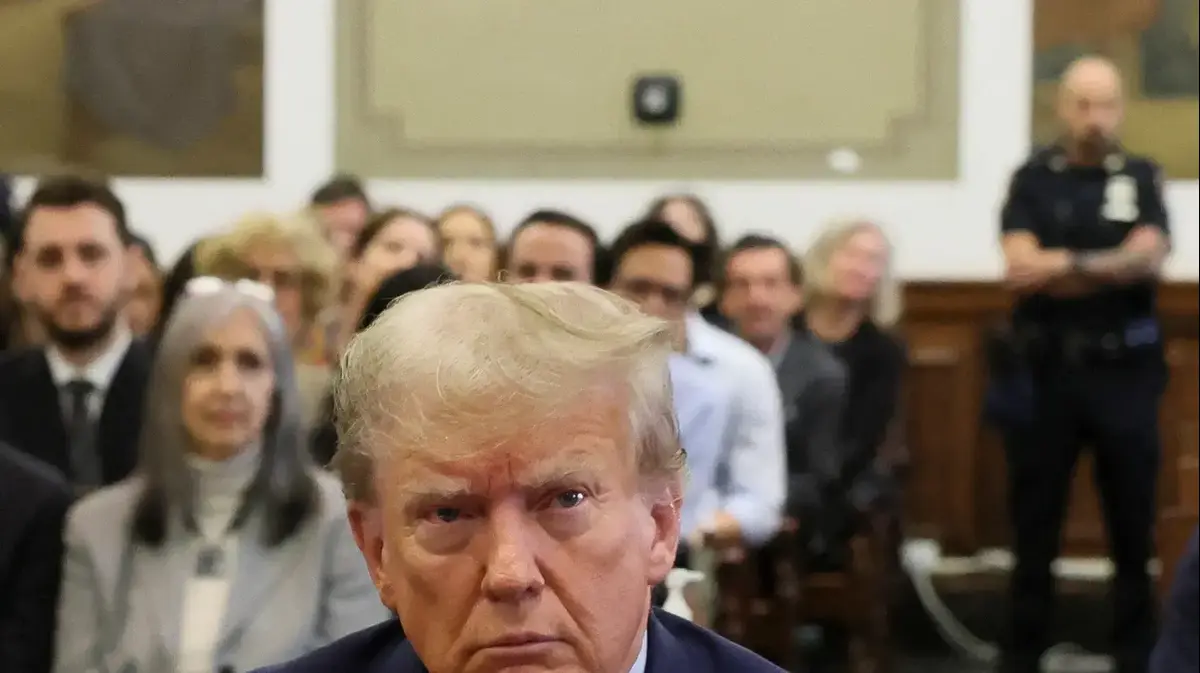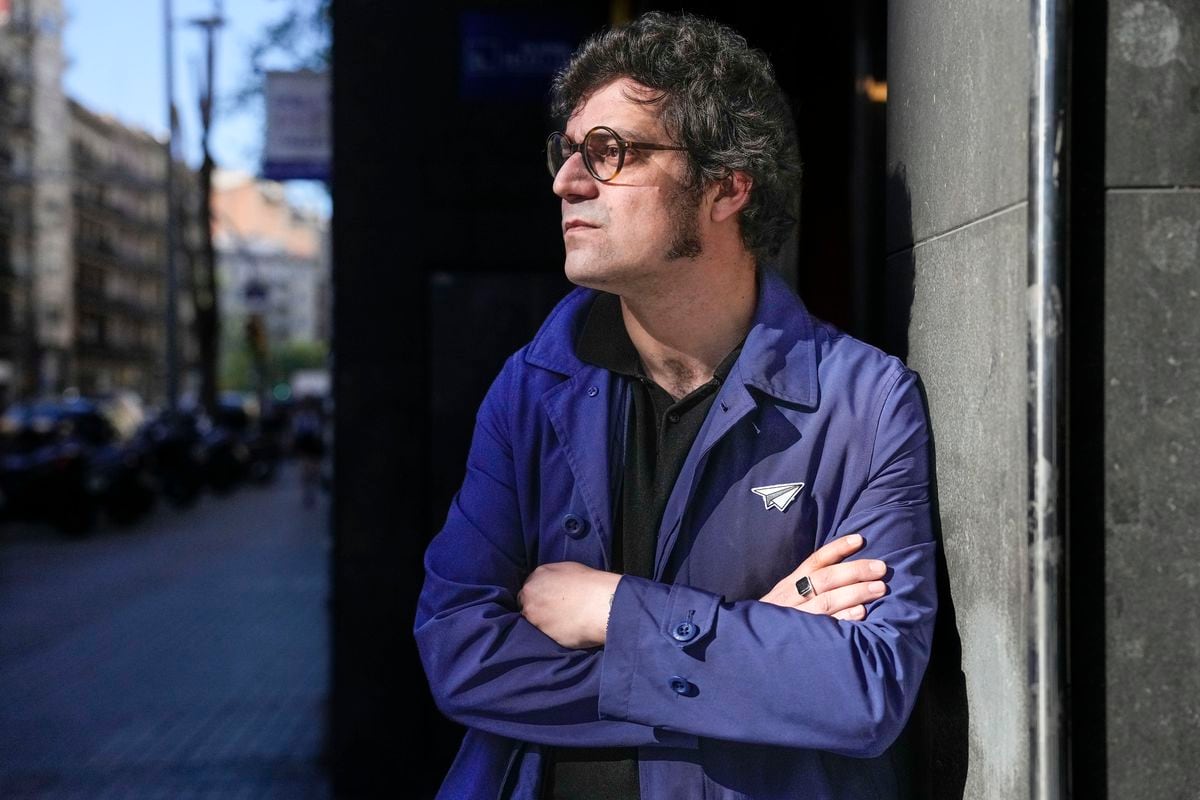Heil steadfastly defends himself with “Lanz” – but one question remains unanswered: “Where will the money come from?”
Created: 09/01/2022, 12:47 p.m
Labor Minister Hubertus Heil discusses with Markus Lanz.
© Markus Hertrich/ZDF
Minister of Labor Hubertus Heil discusses the traffic light retreat at Schloss Meseberg, gas levy, debt brake, relief at "Markus Lanz".
One question remains.
Hamburg – Minister of Labor Hubertus Heil (SPD) comes to the “Markus Lanz” studio in Hamburg on Wednesday directly from the cabinet meeting at Schloss Meseberg in Brandenburg.
He doesn't have good news with him.
But an appeal: "We are in such serious times and must not allow Putin to divide our society." There are big problems for the country and the people, says Heil.
He expects a period of two stressful years.
But the look on his face suggests that it won't be the end of it.
It quickly becomes clear: Lanz wants to discuss the fundamental questions of German politics, Heil should answer questions about them.
The critical part is mainly taken on by
Media Pioneer
editor-in-chief Michael Bröcker, who keeps targeting Heil with counter-proposals - sometimes the two fight veritable battles.
In between sits the economics Monika Schnitzer, who is supposed to shine with expertise in the tricky situation.
But she too is simply at a loss in many places.
"Markus Lanz" - these guests discussed with:
Hubertus Heil (SPD)
– Federal Minister of Labor and Social Affairs
Prof. Monika Schnitzer
- "Economics" and professor at the LMU Munich
Michael Bröcker
– Editor-in-Chief of
Media Pioneer
According to Heil, the traffic light is currently launching a third relief package, which is primarily aimed at the lower and middle income groups.
In other words, people who could not have built up any reserves.
Heil specifically lists who he means: police officers, warehouse workers, nurses, pensioners, students and trainees.
The average gross income is 3,800 euros, explains Heil.
The SPD minister also puts an FDP wish on the agenda: He announces improvements to the cold progression, which sometimes dilutes salary increases due to inflation and entry into higher tax brackets.
The law on the controversial gas levy is currently also being improved, and the cooperation between the traffic lights was “very serious and also very constructive”, Heil assured in the talk round.
There is an indirect scolding, among others, for SPD leader Lars Klingbeil and Secretary General Kevin Kühnert, who railed against Economics Minister Robert Habeck: "It's not my style that we harp each other."
"Lanz" (ZDF): Heil defends Habeck
Bröcker analyses: The attacks have to do with the fact that the SPD with Chancellor Scholz is currently stagnating in the polls, while Robert Habeck is developing into the nation's political darling and his poll numbers are shooting "through the roof".
Heil does not respond to the provocation.
The next election is not an issue given the government's current responsibilities.
He praises Habeck: The Green is currently doing a "fantastic job", according to the minister.
When Heil also refrained from commenting on the gas levy, journalist Michael Bröcker put the traffic light minister to the test again.
He finds that the surcharge is a "socially unbalanced measure" that makes gas customers liable "for the fact that Uniper screwed up".
Bröcker calls for the nationalization of a number of gas companies, which have thus received bankruptcy protection.
"Lanz" guests will soon see the debt brake falling: Where else is the money supposed to come from?
But economics professor Schnitzer positions herself against it and defends the gas surcharge, which, in addition to its function to save the public utility company, contains an incentive to save.
The argument convinces neither Bröcker nor Lanz: "This signal has long been given," says the moderator and opens the next box: the topic of debt brakes.
The German state is sitting on a high mountain of debt, says Bröcker and speaks of dimensions in the three-digit billion range.
The journalist therefore finds it “impossible” to comply with the debt brake.
"The SPD thinks that Christian Lindner can't hold out any longer," Bröcker continued, "but you can't say it publicly."
According to Schnitzer, the question is: "Where will the money come from?" Funds are needed to balance people's needs, but also to defend and expand the new energy networks.
But there are hardly any options apart from savings and new debts, according to the economy.
"We have a situation in which we as a country have become poorer," says the professor.
One possibility is to create new income, i.e. taxes.
Schnitzer speaks of an "energy solo" to distribute the burden for a "very limited period of time".
At the reference to the time limit, Lanz laughs and reminds the group of the originally "temporary" solos for reunification, which then lasted for decades.
Hubertus Heil announces new immigration law against the shortage of skilled workers
Heil also points to the citizens' allowance, which Bröcker calls “a basic income through the back door”.
Heil denies that.
It is a way of getting the long-term unemployed into work more quickly via a less bureaucratic system.
Heil explains: "Two thirds of the long-term unemployed" - around two million adults, including well over half between 20 and 30 years - have no completed vocational training.
He would like these people to be able to catch up on their education with the new regulation in order to “put them into work over the long term” instead of managing “poverty and need”.
He is also working together with Interior Minister Nancy Faeser (SPD) on a new immigration law: "I want us to acknowledge that we need qualified immigration.
The shortage of skilled workers could become the biggest brake on the economy and prosperity for this country,” warns Heil.
Conclusion of the "Markus Lanz" talk
Stimulated round, reform-oriented ideas.
One wonders: Why didn't they come sooner?
Journalist Bröcker and moderator Lanz put Heil through the wringer – but the minister remained steadfast and solution-oriented and addressed the problems openly.
It looked very authentic, but also made it clear: Nobody can do magic.
(Verena Schulemann)














